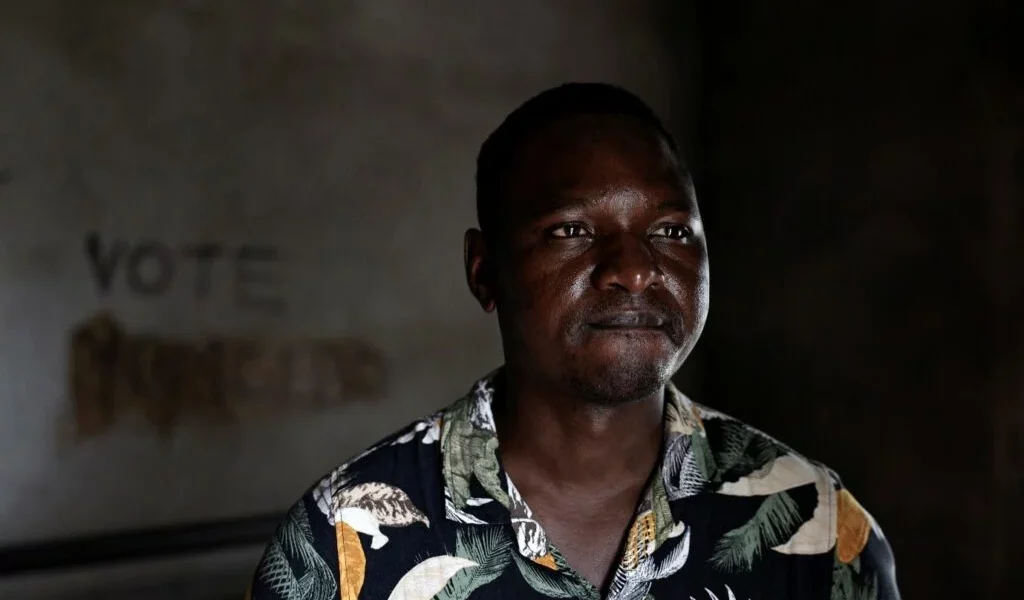
AMIDST the historic 1994 election frenzy in South Africa that ushered Nelson Mandela into power, Mariana and Ernesto Ubisi, Mozambican refugees residing in rural South Africa, welcomed their newborn son with a symbolic name: ‘Vote.’ This act encapsulated the hope and optimism of a nation poised for change.
Reflecting on the inspiration behind their son’s name, Mariana, a traditional healer in Lillydale village, Mpumalanga province, recounted the electrifying atmosphere of the election day. ‘I imagine it was because we were hearing the chants saying “vote, vote, vote” on the radio,’ she reminisced, capturing the spirit of democratic participation that swept the nation.
Despite being disenfranchised due to their status as refugees, Mariana and Ernesto shared in the collective aspiration for the end of apartheid rule, fuelled by Ernesto’s memories of discrimination while working in coal mines. ‘I have never regretted naming my son Vote,’ Ernesto affirmed, underscoring the enduring significance of their decision.
However, three decades after the euphoria of South Africa’s first multiracial elections, the mood has soured, casting a shadow of disillusionment over the upcoming polls on May 29. The vision of a ‘rainbow nation’ championed by Mandela has been eclipsed by persistent challenges of poverty, inequality, corruption, and crime.
The African National Congress (ANC), Mandela’s party, faces the looming prospect of losing its majority for the first time since its historic victory in 1994, reflecting a broader sentiment of discontent among voters.
The Ubisi family’s daily struggles paint a stark picture of the disparities plaguing South African society. Despite residing near luxury game reserves, Lillydale lacks basic amenities like running water and paved streets, highlighting the stark contrast between wealth and poverty.
As South Africa grapples with pressing socio-economic issues, the younger generation, like Vote, confronts a harsh reality of limited opportunities and political disillusionment. ‘The majority of youth don’t vote. They are disappointed,’ Vote told Reuters, expressing common sentiments among his peers.
Despite the prevailing cynicism, Vote remains committed to exercising his democratic right, driven by a desire for meaningful change. ‘You vote for the party that can bring some contribution to the community. That’s what I’m looking for,’ he asserted, echoing the enduring hope for a brighter future in a nation grappling with its past and present challenges.













